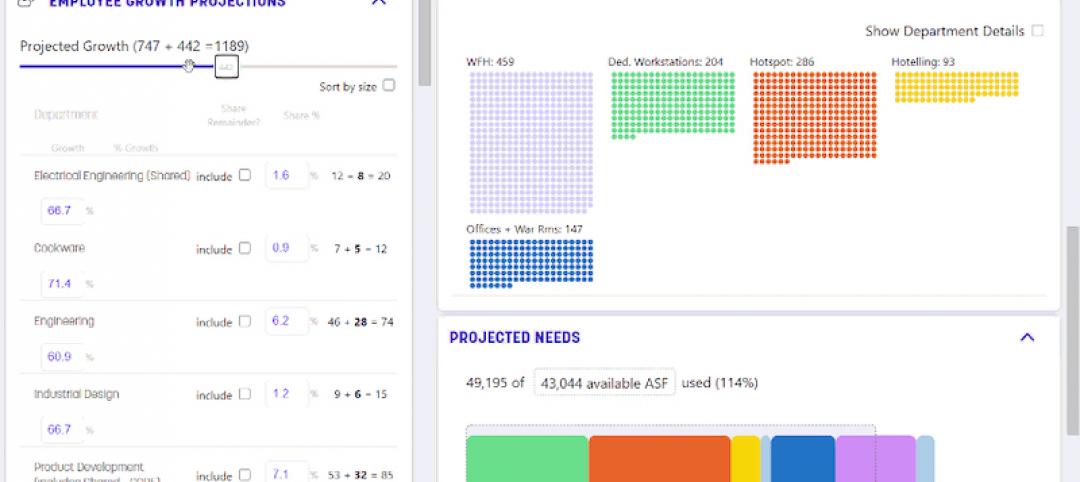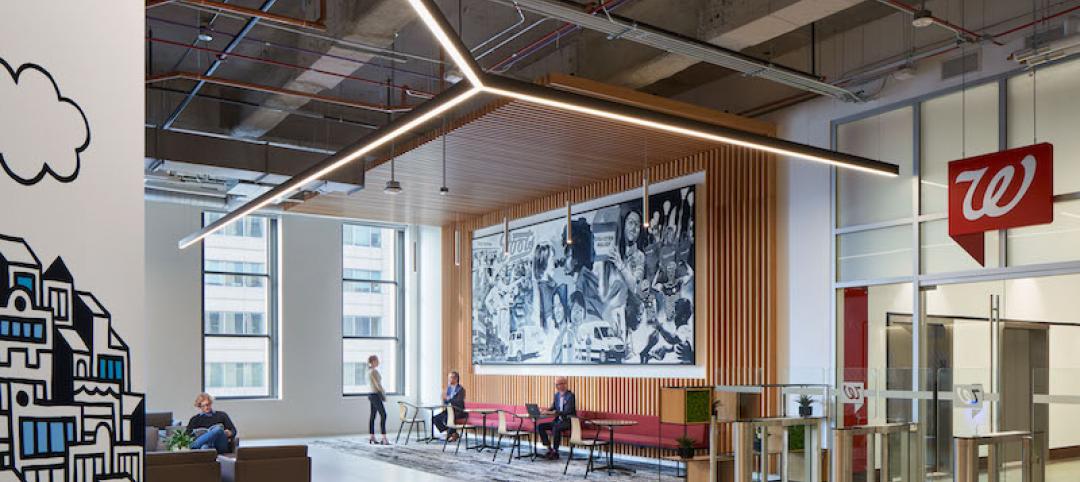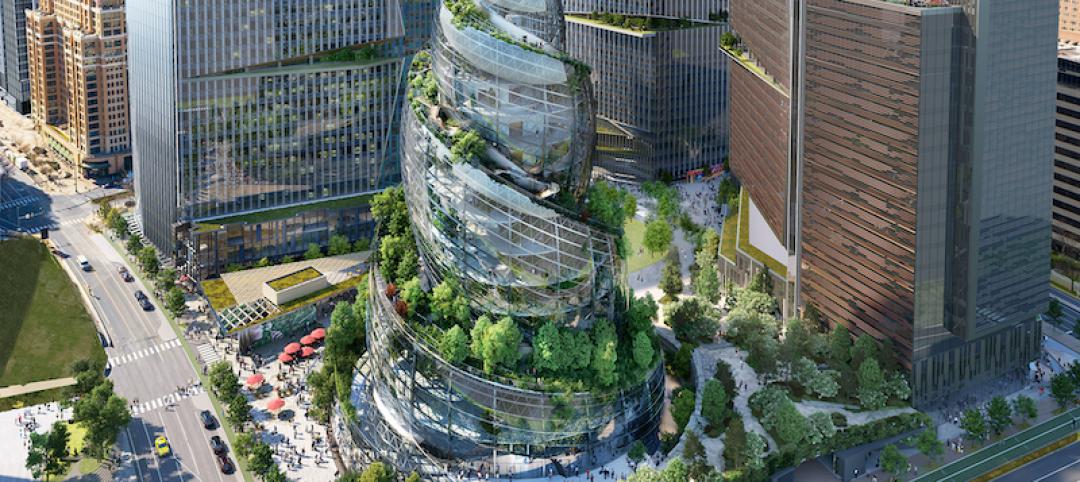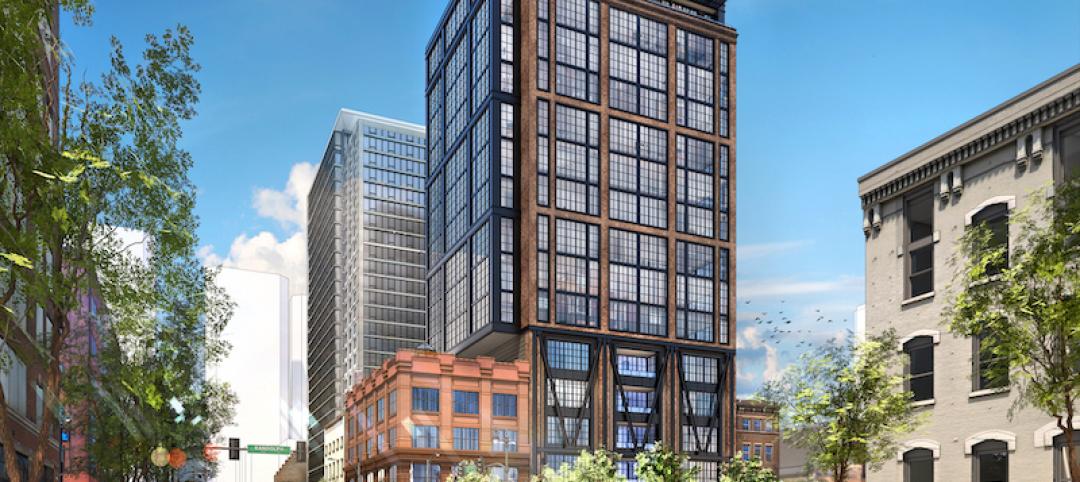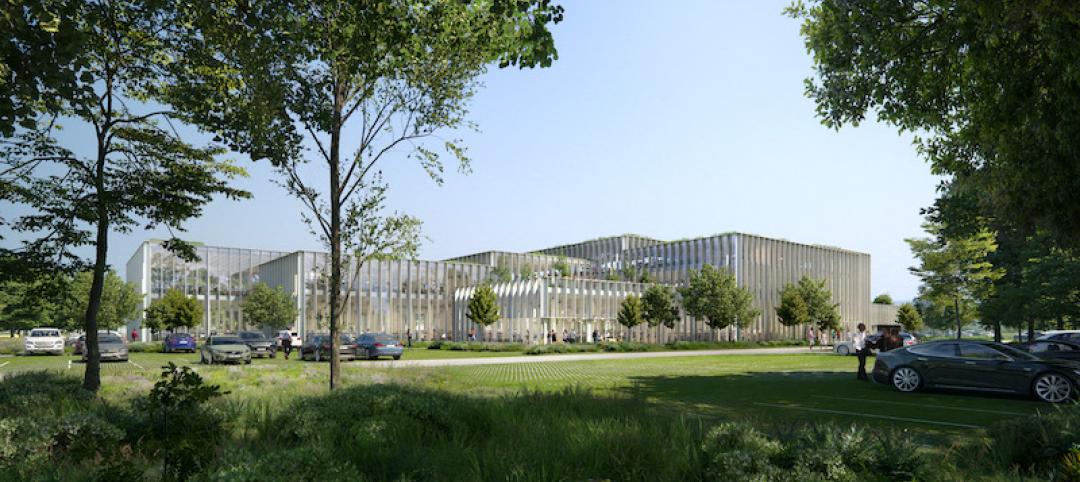Researchers from the NYU Stern School of Business and the Columbia University Graduate School of Business say the work-from-home movement will result in $500 billion of lost value in office real estate.
In a recent study, the researchers found a 32% decline in office values in 2020 and predict a 28% fall “in the longer-run.” The work-from-home shift since the pandemic has caused significant changes in lease revenues, office occupancy, lease renewal rates, lease durations, and market rents, researchers say.
Robust tools for working from home had been in place for years, but the necessities of the pandemic pushed widespread adoption of remote work. According to the researchers, office occupancy dropped from 95% in February 2020 to 10% within a month. By May 2022, it had only bounced back to 50%.
If the trend remains strong, a lot of office space might not be necessary. That would mean massive financial implications for land values and valuations in lending, nearby retail space, and tax resources for local governments.
The declines don’t fall evenly. There is “some evidence of a ‘flight to quality,’ particularly in rents,” researchers say. But rents may have yet to bottom out, as vacancy rates are at 30-year highs in many cities, and on average two-thirds of leases haven’t come up for renewals yet.
Related Stories
Great Solutions | Feb 11, 2021
Simplifying the return to the office
A new web-based tool from Sasaki takes the guesswork out of heading back to the workplace.
Office Buildings | Feb 8, 2021
Walgreens Technology Center of Excellence completes in Chicago’s Old Post Office
Stantec designed the project.
Office Buildings | Feb 8, 2021
Six lessons learned from our first Fitwel Viral Response Module certification
The Fitwel Viral Response Module is one of several frameworks that real estate owners and operators can use to obtain third-party certification for their efforts ensuring their properties are ready for a safer and healthier return to work.
Building Owners | Feb 4, 2021
The Weekly show, Feb 4, 2021: The rise of healthy buildings and human performance
This week on The Weekly show, BD+C editors speak with AEC industry leaders from Brookfield Properties, NBBJ, and UL about healthy buildings certification and improving human performance through research-based design.
Office Buildings | Feb 3, 2021
NBCU News Group unveils new Washington bureau and studios
The project spans six floors and 80,000 sf.
Office Buildings | Feb 3, 2021
A towering helix will mark the spot at Amazon’s corporate headquarters in Virginia
The tech giant has invested $2.5 billion in a project that will encompass five office buildings for 25,000 employees.
Office Buildings | Feb 1, 2021
609 W. Randolph begins construction in Chicago’s West Loop Gate
Antunovich Associates designed the project.
Office Buildings | Jan 27, 2021
New creative office space completes in Silicon Beach
SPF:architects designed the project.
Office Buildings | Jan 19, 2021
Anchorage to receive new glacier-inspired office building
Perkins&Will is designing the building.



